Pelham Manor, three other municipalities lose bid to dismiss Clean Water Act case brought over sewage
A federal judge is allowing a Clean Water Act case brought by Save the Sound against Pelham Manor and three other municipalities to go ahead, according to a press release from Save the Sound.
The enforcement case was filed by Save the Sound and Atlantic Clam Farms of Connecticut “to address chronic sewage overflow discharges to Long Island Sound due to inadequately maintained sewage collection systems,” said the release. “Judge Cathy Seibel, United States district judge for the Southern District of New York, denied the towns’ motion to dismiss in its entirety and ruled the case can go forward on all of Save the Sound’s claims.”
Pelham Manor Mayor Jennifer Monachino Lapey said, “The consortium of communities defending the Save the Sound lawsuit made a pre-discovery motion to dismiss the case, which was not granted. That is not uncommon. The group is presently preparing a response to Save the Sound’s press release.”
In 2015, Save the Sound and Atlantic Clam Farms first brought their case against Westchester County and 11 municipalities in the Long Island Sound watershed, claiming “the towns had failed to adequately maintain their aging sewage systems and, as a result, millions of gallons of untreated and partially treated sewage were being discharged to, and polluting, Long Island Sound and its tributaries in violation of the Clean Water Act.”
Settlements were reached with Port Chester, the Village of Mamaroneck, White Plains, Rye Brook and Rye, while discussions are still ongoing with Westchester County and the towns of Harrison and Scarsdale.
However, Pelham Manor, New Rochelle, Larchmont and the Town of Mamaroneck, all members of the New Rochelle Water District, pulled out of the settlement discussions and filed the motion to dismiss the case, the release said.
Save the Sound said the case has not gone to trial, and the Sept. 14 decision is not a final ruling on the merits, but means the charges in the complaint properly establish a Clean Water Act claim and that Save the Sound can bring the claim.
Save the Sound summarized the judge’s “extensive ruling” from the bench as follows:
- The four towns’ discharges contributed to illegal ongoing polluted discharges from county-owned “overflow retention facilities.”
- There was no “diligent prosecution” by government agencies directed at these towns for these overflows.
- The fact that the discharges go through county-owned pipes and facilities does not exempt the towns from Clean Water Act requirements.
- The discharge of inadequately treated sewage constitutes a public nuisance.
“We are gratified that the court agreed with what we have been saying for over six years now: poorly maintained sewage collection systems that result in discharge of raw and partially treated sewage to local waters and Long Island Sound violate the Clean Water Act—period,” said Save the Sound President Curt Johnson in the press release. “We’re glad that successful negotiations have proceeded with Westchester County and other municipalities, and are hopeful that we can return to resolving the pollution issues with the four towns of the New Rochelle Sewer District through discussion and collaboration rather than litigation, though we are of course prepared to continue to litigate if necessary.”



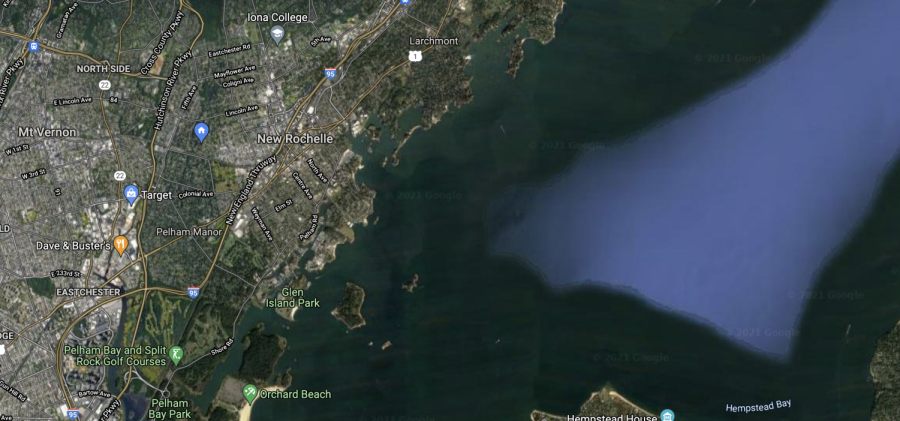
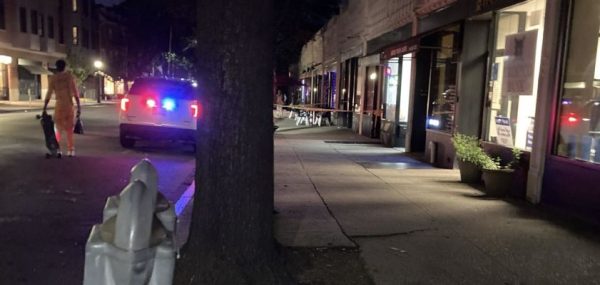
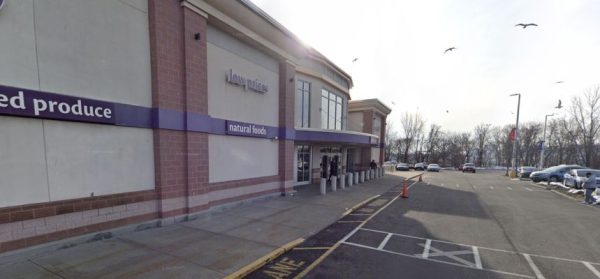
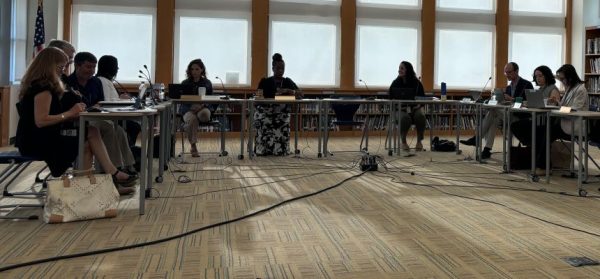
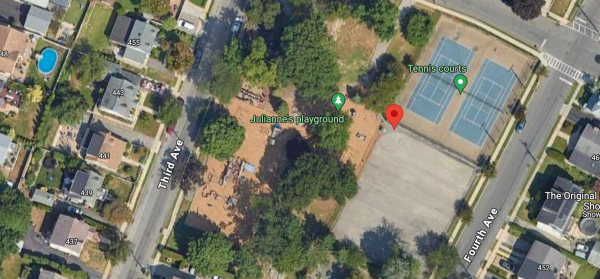
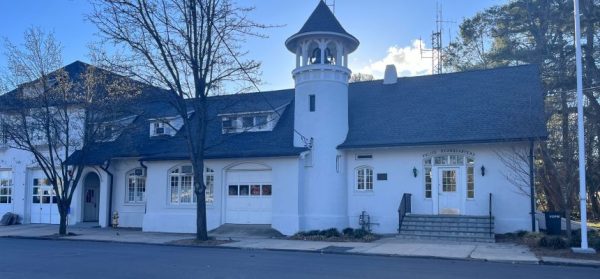
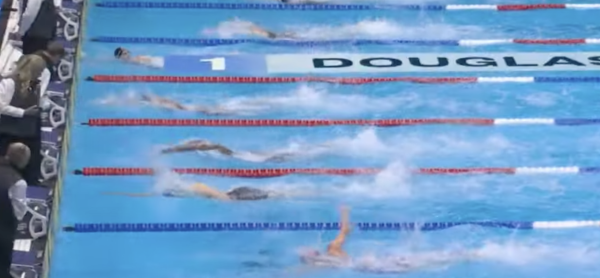
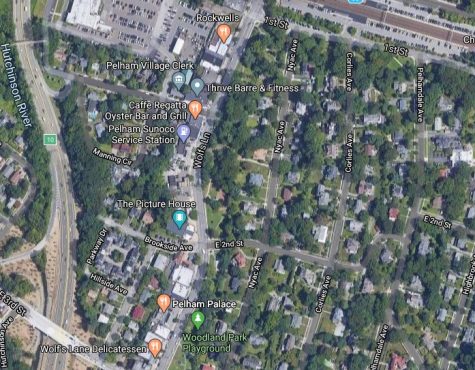
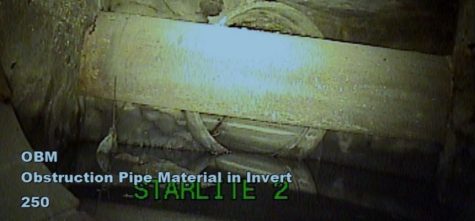
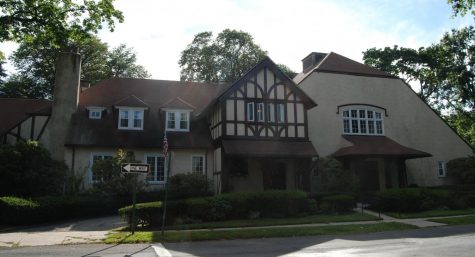
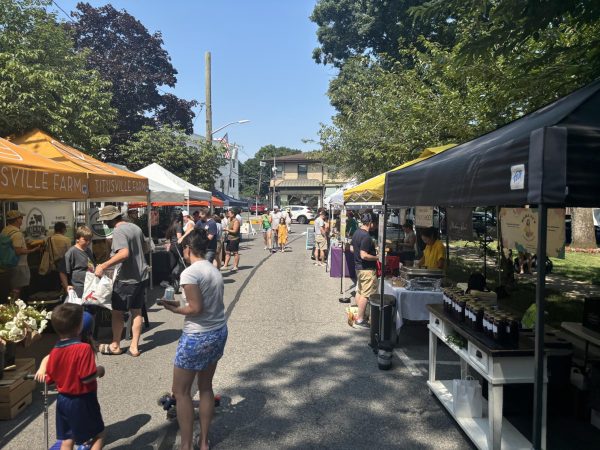
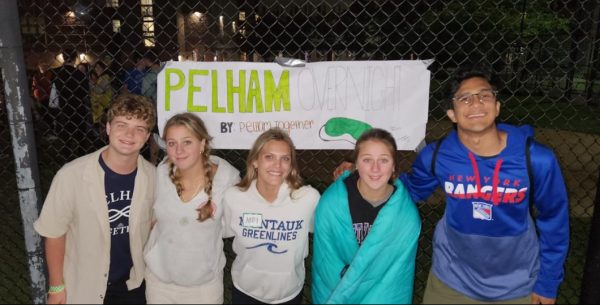

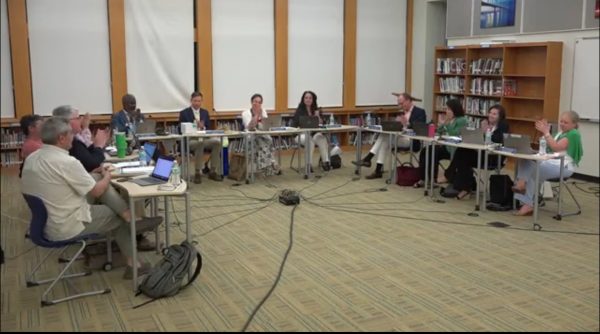
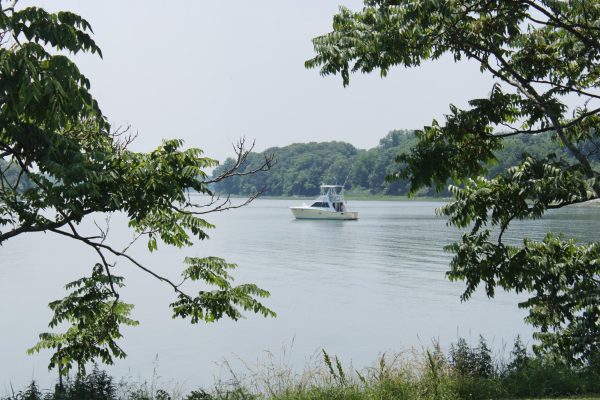

Adam Ilkowitz • Oct 8, 2021 at 8:21 pm
While not uncommon, we filed a motion to dismiss after several others settled and we saw the price they paid. (the settlement appeared reasonable to me; attorney cost reimbursement and fix the problem). And we were part of the only group, of the municipalities to pursue a motion to dismiss. Now discovery is due in 10 days.
Any settlement we enter would require significant legal fee reimbursement to Save the Sound. The he last settlement was $200,000 for this item, and each has been higher than the previous one. Then comes the part we as residents can’t know until it’s agreed: how much will it cost to repair?
Whatever guided this motion, which we as residents can’t know either, I hope our Board settles quickly to reduce the financial impact to our village.